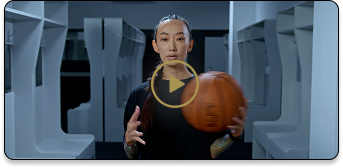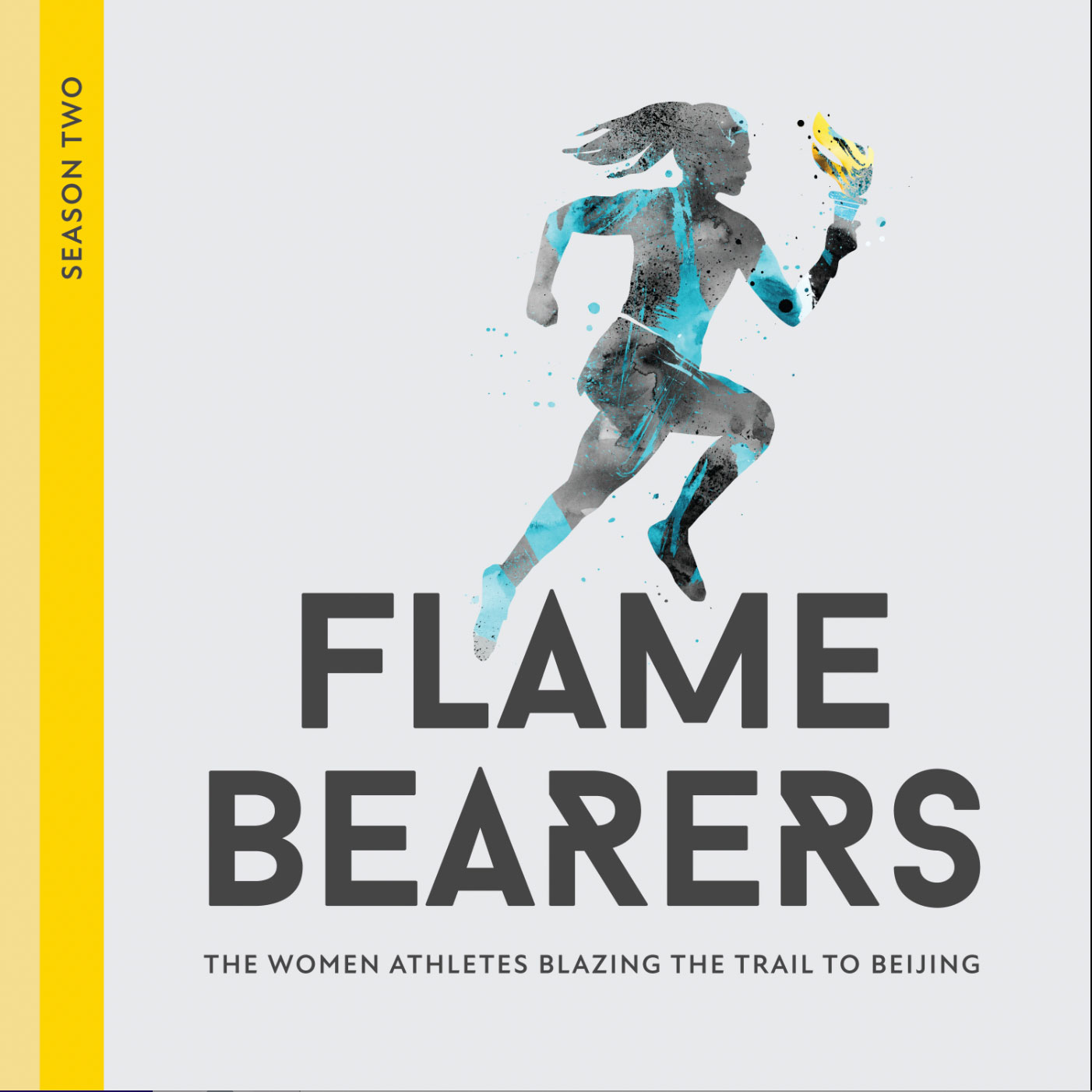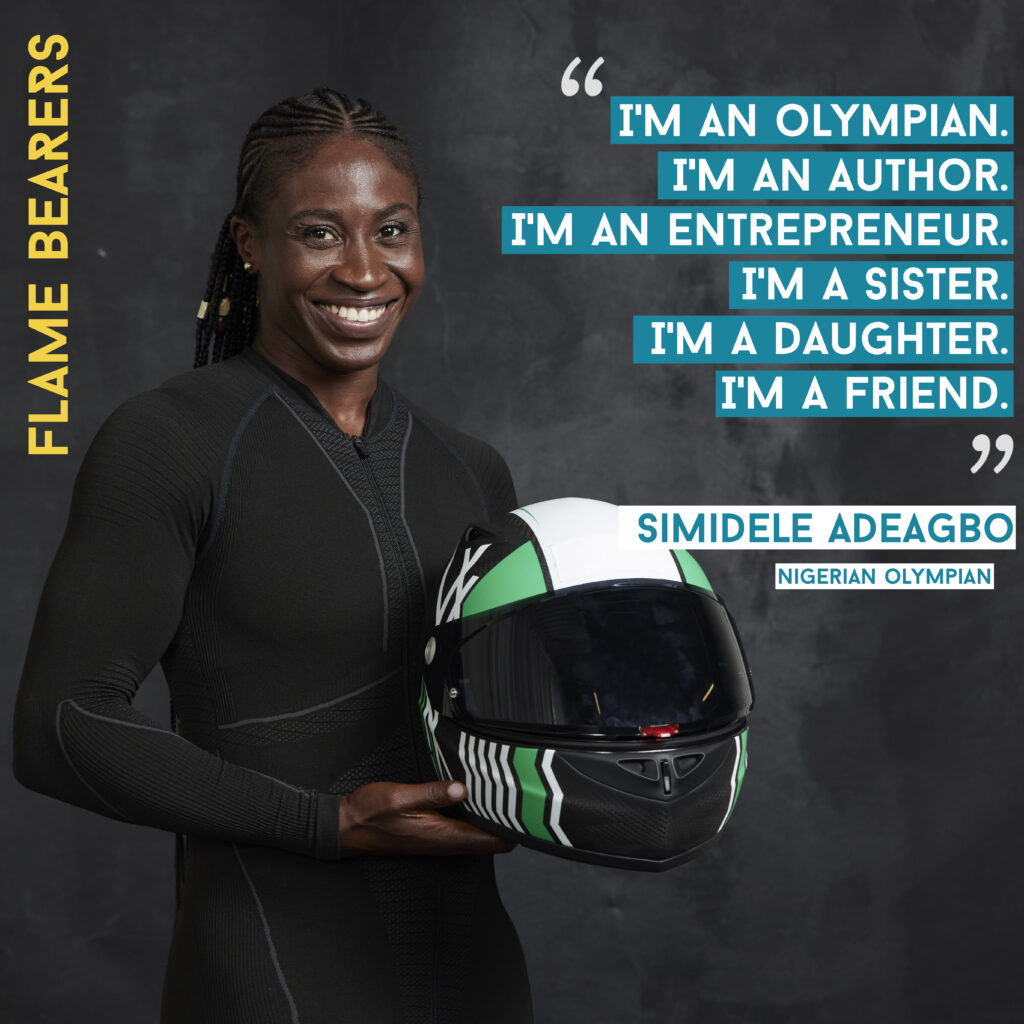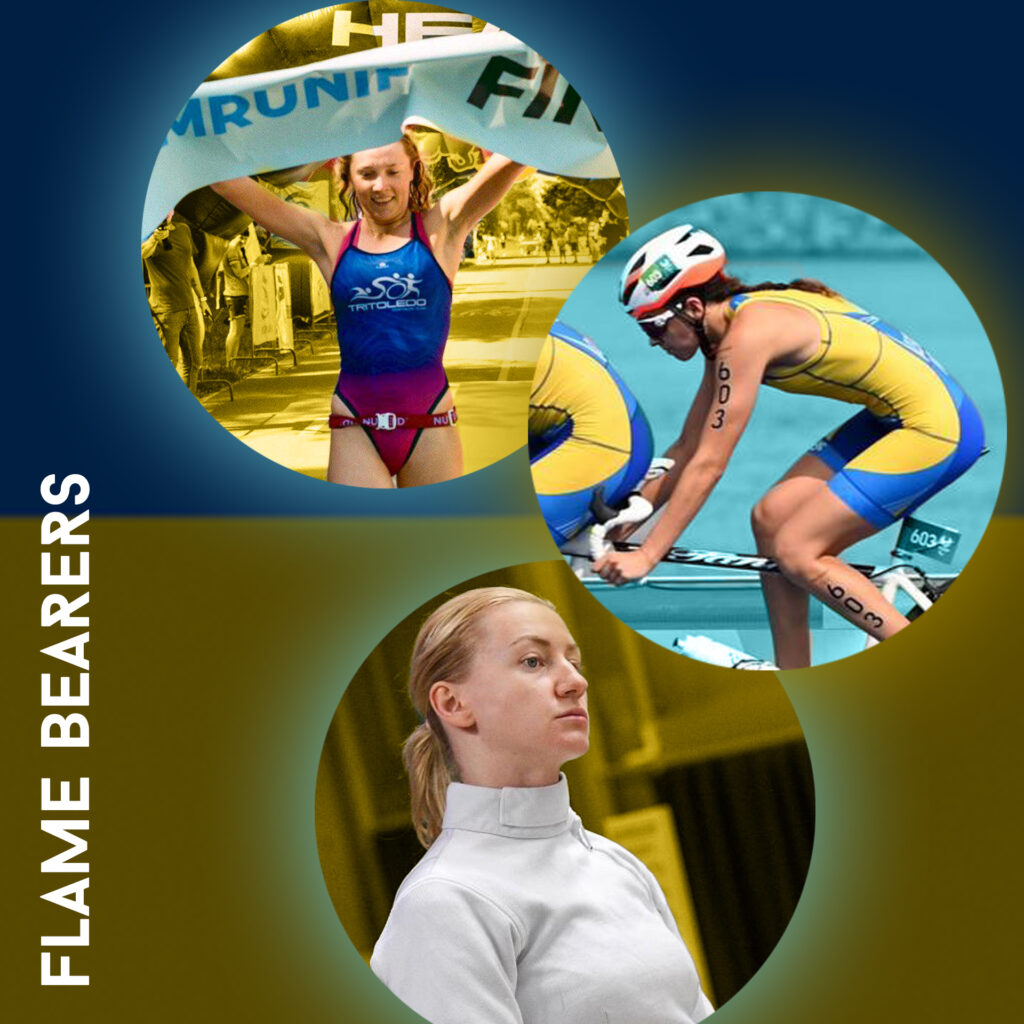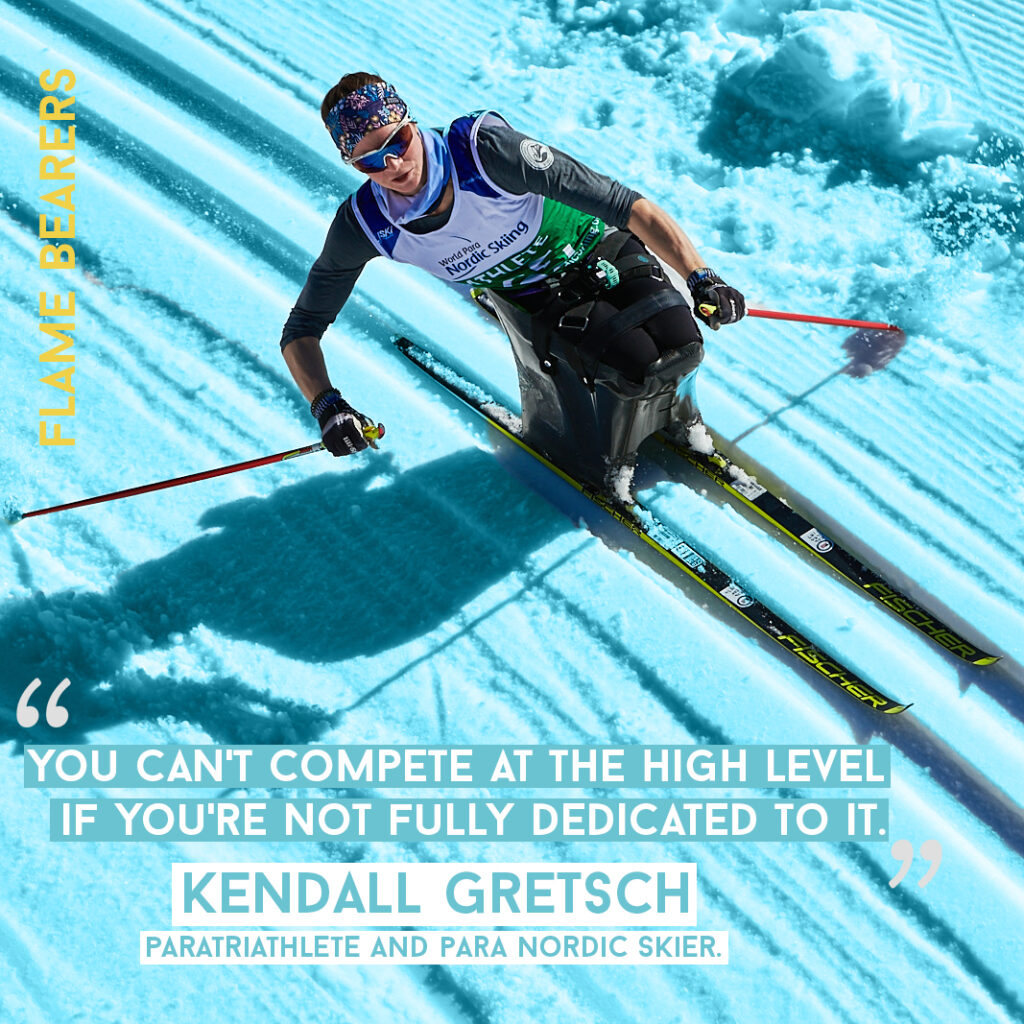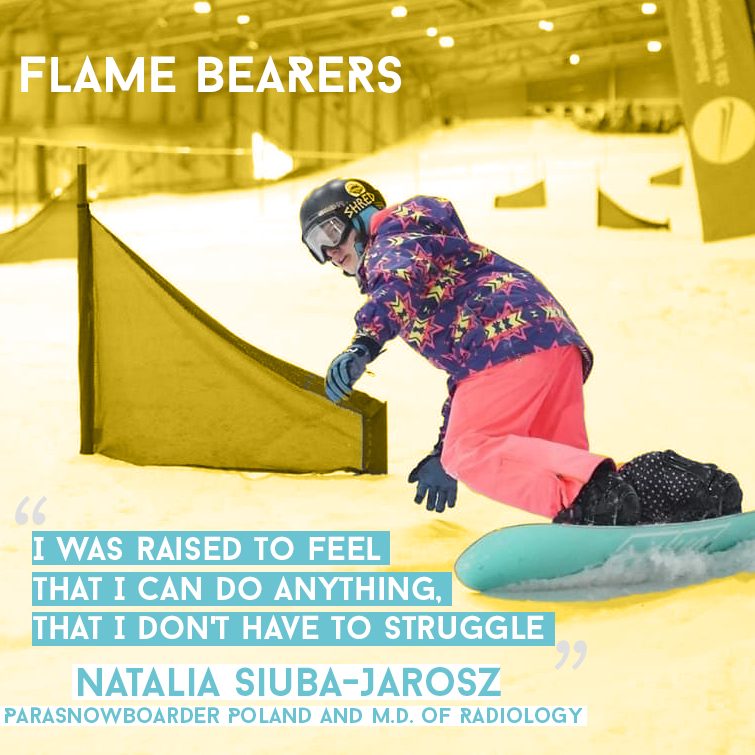Reigning Olympic gold medalist, Mariama Jamanka never thought the words ‘Olympic Champion’ would apply to her, as a relative newcomer to bobsledding and as a member of the former 2nd German sled. In PyeongChang, Mariama and brakewoman, Lisa Buckwitz shattered all expectations, shocking the world by winning gold.
In this episode, we speak with Mariama about her underdog gold medal and what it’s like being a woman of color bobsledder. Going into the 2018 Games she kept thinking, “We are not the favorites. I have never won a medal for first place.” Hear how things have changed.
Contributing experts include Heike Größwang (Secretary General, International Bobsleigh and Skeleton Federation) and Jerry Brewer (National sports columnist for the Washington Post).
Media Clips from:
-NBC Sports’ ‘Black Bobsledders Make History – 2018 Winter Olympics’
-Olympics.com’s ‘Germany’s Mariama Jamanka takes Women’s Gold | Bobsleigh’
-IBSF ‘Highlights BMW World Cup women’s bobsleigh in Innsbruck – Igls’ Facebook Post
-Sunflowerboy_xd 74 YouTube, COOL RUNNINGS | The Second Race [“Feel the Rhythm! Feel the Rhyme!” ]
-IBSF ‘From summer to Winter Olympics’ Facebook Post


